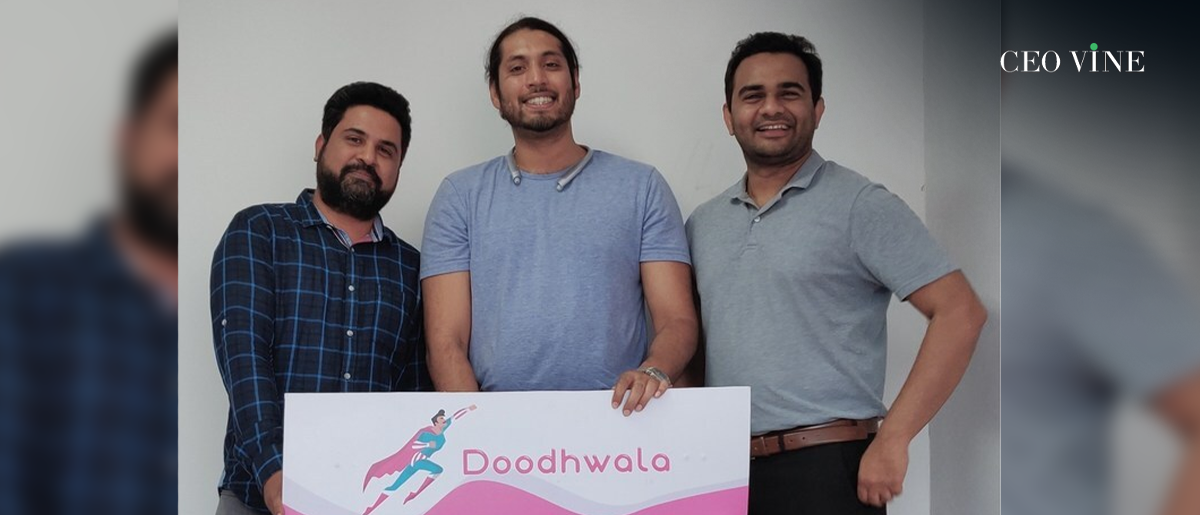The year 2024 has been a year of contrasts for India’s startup ecosystem. On one hand, there’s a noticeable rise in the number of startup IPOs, the emergence of new unicorns, and a steady flow of capital into the sector. On the other hand, the echoes of the funding winter, which started in 2022, continue to reverberate throughout the landscape.
While the funding environment is gradually showing signs of recovery, it has been far from a smooth ride.
The optimism surrounding India’s startup growth story remains intact, but there’s no denying that the aftershocks of the funding freeze are still shaping the sector in profound ways.
Unfortunately, the trend of startup closures, which accelerated in 2023, has shown no signs of slowing down in 2024. In fact, 12 funded startups have already shut down this year, adding to the growing list of casualties in what seems like an ongoing purge of non-profitable ventures.
The challenges faced by these startups are multi-fold — from cash flow issues and high burn rates to the inability to scale amidst tightening investor sentiment.
The reality for many entrepreneurs has been a tough one. Even though investors are becoming more selective, it’s clear that the startups that will thrive in this new environment will be the ones that have a sustainable business model, a clear path to profitability, and the ability to pivot in the face of changing market conditions.
Amid these challenges, the positive trends cannot be overlooked. India has seen an uptick in IPO activity, with several high-profile startups taking the public route in 2024.
Additionally, the country has seen an impressive rise in new unicorns, as tech-driven and SaaS startups continue to dominate the scene.
Also Read:
How To Turn Your Startup into a Billion-Dollar Unicorn ?
Capital inflows, while more cautious, have been steady. Investors are now placing bets on startups that offer solid fundamentals, strong leadership, and an ability to weather economic storms.
Here, we look at 12 Indian startups that shut down in 2024, what led to their downfall, and the lessons we can learn.
- Koo
- My Tirth India
- Bluelearn
- Muvin
- GoldPe
- Nintee
- Greenikk
- InsurStaq.ai
- Stoa School
- Investmint
- Toplyne
- Kenko
Koo:
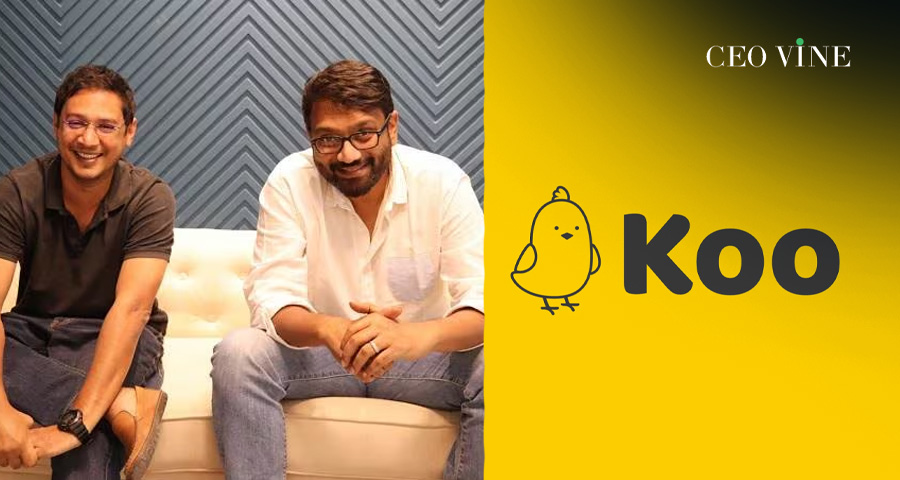
Koo, a Bengaluru-based microblogging and social networking platform, was launched in March 2020 by Aprameya Radhakrishna and Mayank Bidawatka. Aimed at being India’s answer to Twitter, Koo enabled users to share their thoughts in local languages, tapping into the country’s vast linguistic diversity.
Despite raising over $50 million from marquee investors like Tiger Global, Accel, 3one4 Capital, Kalaari Capital, and Blume Ventures, Koo faced insurmountable financial challenges.
The startup shut down in July 2024, primarily due to its inability to raise funds amidst the ongoing funding winter and challenging macroeconomic conditions.
Monetization emerged as a critical pain point, with the company failing to generate sufficient revenue to sustain operations. Attempts to form strategic partnerships, such as with Dailyhunt, also fell through.
The financial trajectory painted a grim picture: between FY20 and FY22, Koo reported a staggering net loss of INR 244 crore against a meager revenue of INR 21 lakh.
The platform’s heavy reliance on cash burn for user acquisition and its inability to establish a scalable revenue model ultimately sealed its fate.
My Tirth India:

Founded in 2019 by Indraneel Dasgupta, My Tirth India catered to the needs of tourists and pilgrims, offering a wide range of services including travel loans, online pooja, prasad delivery, astrology consultations, and spiritual blog posts.
The startup also introduced spiritual showrooms in key cities such as Lucknow, Varanasi, Kolkata, and Noida to enhance its physical presence.
However, the startup temporarily shut down operations in August 2024 following the demise of its principal shareholder and investor, Subrata Roy, in November 2023.
Roy, the founder and managing director of Sahara India Pariwar, had invested nearly $1 million in My Tirth India, and the company struggled to continue without additional funding.
Financially, My Tirth India showed mixed results. While revenue from operations surged to INR 3.3 crore in FY23 from INR 89 lakh in FY22, its net loss more than doubled to INR 2.68 crore in the same period, up from INR 1.2 crore in FY22.
Despite the challenges, the startup has not ceased entirely. Its website remains active, and founder Indraneel Dasgupta has expressed optimism about restarting operations once new funding is secured.
Bluelearn:

Edtech startup Bluelearn shut down its operations in July 2024, citing difficulties in scaling up and building a venture-scale business.
Co-founder Harish Uthayakumar announced the closure on X (formerly Twitter), stating that the company would return 70% of the capital it had raised to investors.
Founded in 2021 by BITS Pilani alumni Shreyans Sancheti and Harish Uthayakumar, Bluelearn began as a Telegram group where students could interact with experts and ask questions.
Over time, it evolved into a thriving student community, amassing over 250,000 members. The platform aimed to bridge the gap for students from tier-2 and tier-3 colleges, providing them with opportunities comparable to those available at top-tier institutions.
The startup raised $4 million in funding from prominent venture capital firms such as 100x VC, Titan Capital, Elevation Capital, and Lightspeed.
Despite its initial promise, Bluelearn was unable to establish a sustainable business model to support its long-term vision and failed.
Muvin:

Muvin, a youth-focused neobanking startup, shut down its operations in February 2024 following a Reserve Bank of India (RBI) directive to discontinue using Unified Payments Interface (UPI) in a co-branding arrangement.
Founded by Vineet Gupta and Mukund Rao, Muvin provided services including prepaid cards, a mobile app, and KYC facilitation.
The platform targeted students, enabling payments through its prepaid payment instrument (PPI) issuer, while also acquiring customers and performing KYC services.
Despite its innovative approach and raising $4 million in funding from WaterBridge Ventures, the startup failed to face challenges in adapting to regulatory changes, which ultimately led to its closure.
GoldPe:

GoldPe, an Ahmedabad-based fintech startup co-founded by Parth Shah and Yaagni Raolji, shut down operations just one year after its inception in April 2023.
The closure was attributed to the absence of a sustainable revenue stream, a flawed business model, and persistent cash flow issues.
The startup allowed users to invest in digital gold and offered a prize-linked savings (PLS) scheme, which provided users with opportunities for windfall gains.
Despite amassing a user base of 2.25 lakh individuals, GoldPe could only generate INR 1.5 lakh in revenue within its operational year.
The co-founders had previously raised INR 71 lakh from 100X.VC and a group of angel investors for their earlier venture, SPAC, in 2022.
However, with the initial funding exhausted, they faced significant challenges in securing fresh investments to sustain GoldPe, ultimately leading to fail and the startup’s closure.
Nintee:
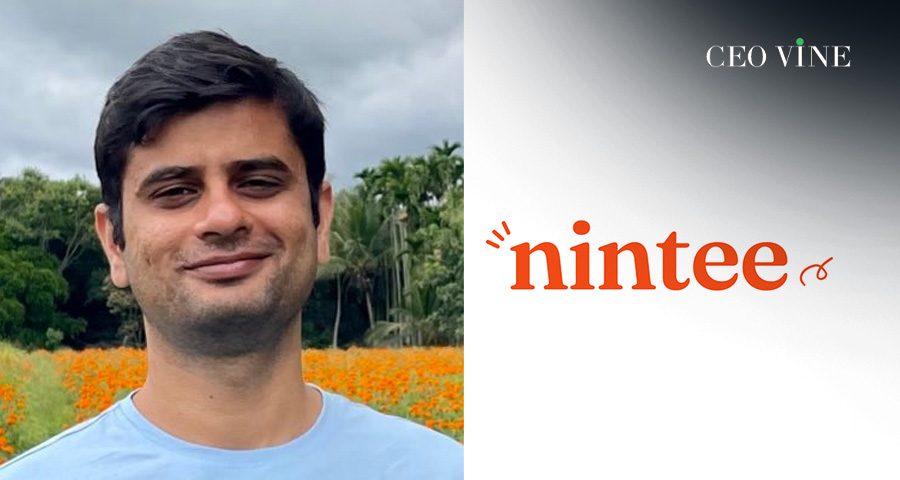
Nintee, a U.S.-based digital health startup co-founded by Paras Chopra and backed by Peak XV Partners and investors like Cred founder Kunal Shah, shut down operations after struggling with scalability and customer acquisition challenges.
The startup, launched to use AI to help people build better habits, attracted a passionate niche audience but failed to scale to a venture-capital (VC)-level business.
Paras Chopra, the company’s CEO, announced the closure on X and LinkedIn, stating, “The majority of the funding we raised is still remaining, and over the next few weeks, we will return it.” He elaborated, “Our original hypothesis was to use AI for helping people build better habits to transform their lives. This attracted a passionate niche, but we couldn’t build conviction that it could be a VC-scale business.” He also acknowledged the challenges of building a consumer app in today’s competitive landscape, saying, “Building a successful consumer app today is very hard (as you’re battling for attention with YouTube, Instagram, and Fortnite).”
At the time of closure, all Nintee employees were laid off, each receiving four months of severance pay.
Chopra also offered the employees an opportunity to join his other company, VWO, a New Delhi-based website-testing software provider, at the same salary.
Despite the closure, Chopra expressed his continued passion for innovation, stating, “As for me, there’s no dearth of ideas. I love building things and would continue to do so.”
Greenikk:

Greenikk, an agritech startup focused on banana cultivation, was founded in 2020 by Fariq Naushad and Previn Jacob Varghese.
Despite its ambitious goal of building a digital ecosystem for banana farming and providing end-to-end agricultural services, the company failed and shuts down in September 2024.
The shutdown was attributed to the inability to find product-market fit, mounting losses, and loan defaults.
Additionally, the agri-tech sector faced a rise in defaults and collection issues, further complicating the startup’s efforts to secure the next round of funding.
At the time of closure, Greenikk employed around 25 people, to whom it offered two months’ severance pay and job placement assistance.
InsurStaq.ai:
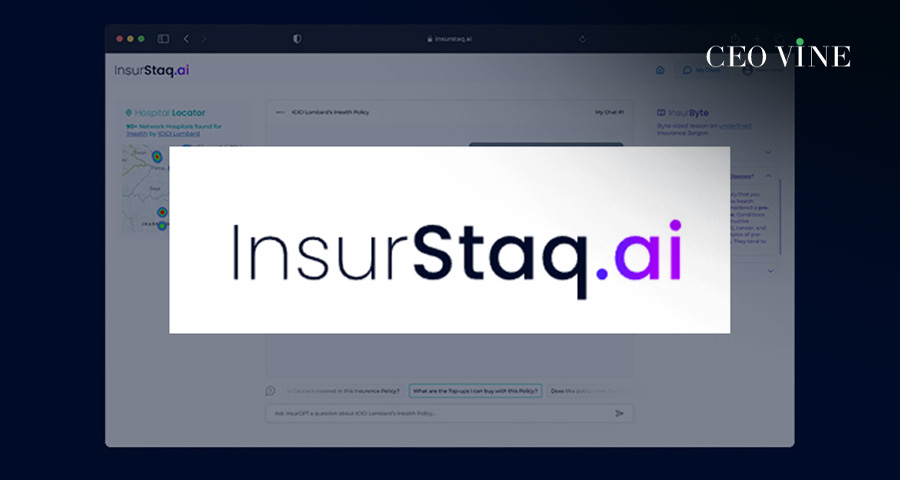
Founded in 2022 by Mayan Kansal and Shivam Kaushik, InsurStaq.ai aimed to revolutionize the insurance industry with Generative AI solutions.
The startup developed customized AI workflows to assist professionals in sales, support, compliance, research, and underwriting. Backed by Faad Network and hailed as one of the most exciting AI startups, it initially appeared poised for success.
However, InsurStaq.ai failed to scale its business effectively, leading to its shutdown after just one year.
Cofounder Mayan Kansal announced the closure on LinkedIn, stating, “After more than a year of building, learning, and growing alongside some of the brightest minds in the insurance industry, we’ve made the difficult decision to shut down InsurStaq.ai.”
Despite its innovative vision, the startup was unable to overcome the challenges of scaling in a competitive market.
Stoa School:
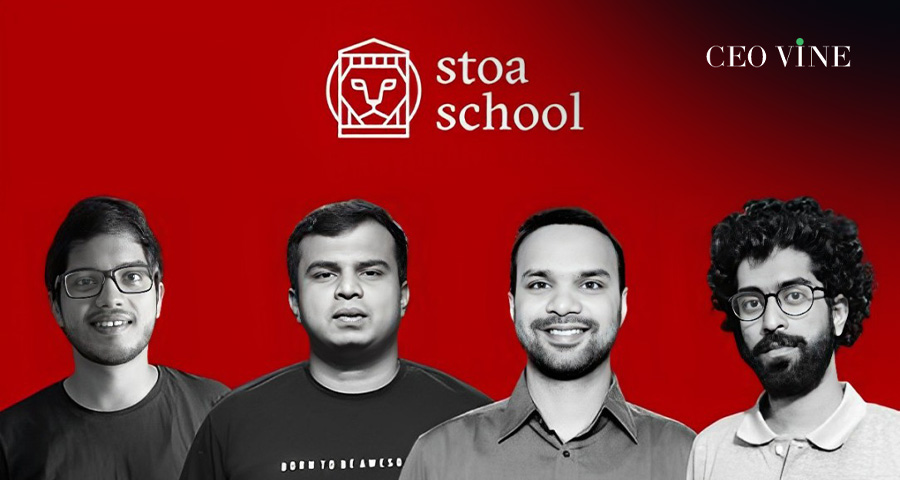
Founded in 2020 by Aditya Kulkarni, Raj Kunkolienkar, and Manoj Kambadur, Stoa School offered affordable online business education programs tailored for working professionals.
With a focus on practical business skills over traditional academics, Stoa served over 1,500 students across 15 cohorts. Its program, costing around ₹2.5 lakh, provided a cost-effective alternative to traditional MBA programs.
Stoa was backed by prominent investors, including Nithin Kamath (Zerodha), Kunal Shah, and Gagan Biyani, raising $1.5 million in seed funding.
Despite building a strong brand and experiencing significant growth, the startup announced its closure on November 12, 2024.
While the reasons for the shutdown were not fully disclosed, a LinkedIn post from a co-founder cited changing consumer preferences and economic challenges as contributing factors.
Additionally, the post highlighted a decline in interest in online live-learning programs after the pandemic, which likely impacted the business model.
Investmint:
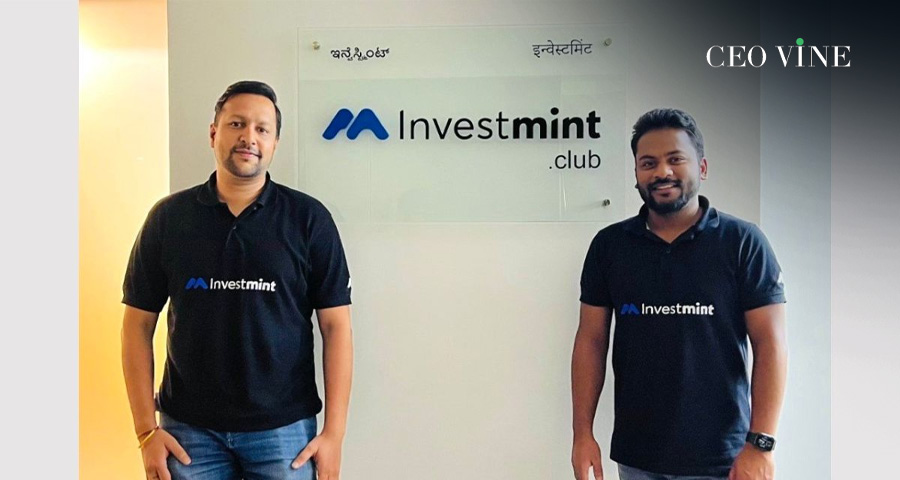
Launched in February 2022 by Aakash Goel and Mohit Chitlangia, Investmint aimed to help users make informed investment decisions and manage wealth with data-driven insights.
Despite its initial promise, the startup ceased operations after failing to establish a sustainable business model.
In a LinkedIn post, Goel stated, “As of today, we’ve successfully concluded the process and returned over 25% of investor capital. While we couldn’t get to any meaningful stage, Chitlangia and I are incredibly thankful for the support from our investors, users, and all 30+ phenomenal teammates who gave it their all behind the mission.”
Investmint had raised $2 million in seed funding from Nexus Venture Partners to build its platform.
While the startup has shut down, it is currently exploring acquisition opportunities with well-capitalized wealth management companies.
Toplyne:

Founded in 2021 by Rishen Kapoor, Ruchin Kulkarni, and Rohit Khanna, Toplyne developed an AI-driven platform to help product-led companies convert free users into paying customers.
By analyzing customer data, the platform created targetable audiences to drive conversions through ads, in-app nudges, emails, and sales efforts.
Despite raising approximately $17.5 million from renowned investors like Peak XV, Tiger Global, and Together Fund, Toplyne shut down operations in October 2024.
The company struggled to secure product-market fit and achieve the sustainable growth it had envisioned.
In a LinkedIn post, CEO Rishen Kapoor announced the closure, stating, “We were unable to achieve the scale and product-market fit that we had initially aimed for.” He further emphasized that the startup’s team would be supported in transitioning to new roles as the founders worked to wind down the business and return capital to investors.
Kenko:
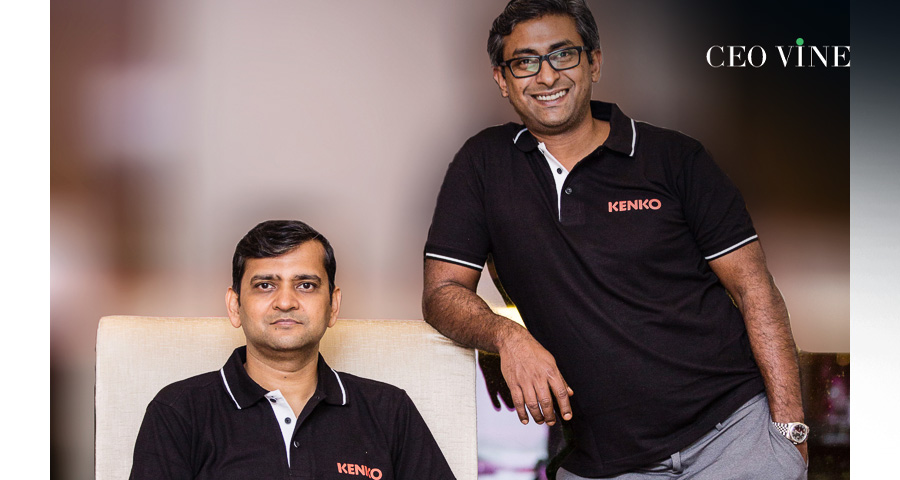
Kenko Health, a Mumbai-based healthcare startup founded in 2019, shut down in August 2024 due to financial and operational challenges.
The company offered subscription-based health plans covering medicines, healthcare products, and outpatient department (OPD) benefits, aiming to make healthcare more accessible and affordable.
Despite raising over $13.7 million from investors, Kenko Health ran out of funds and struggled to sustain its operations.
A significant challenge was its inability to obtain an insurance license from the Insurance Regulatory and Development Authority of India (IRDAI), which was critical to its business model.
The shutdown left employees with unpaid dues, some stretching back more than three months, reflecting the severity of the company’s financial crisis.
Thrive:

Founded in 2020 by Krishi Fagwani, Dhruv Dewan, and Karan Chechani, Thrive quickly became a preferred platform for many restaurants across India.
By offering partnerships with over 14,000 restaurants across 80 cities, it provided an alternative to larger players like Swiggy and Zomato.
The platform charged only 3% commission and allowed restaurants the flexibility to use their own delivery networks or third-party logistics services.
However, in December 2024, Thrive shut down operations, citing a lack of resources as the primary challenge.
Co-founder and CEO Krishi Fagwani announced the decision in a reflective LinkedIn post. He highlighted the difficulties Thrive faced in competing with well-funded industry giants, which made sustainable scaling impossible.
The startup was backed by Jubilant FoodWorks and Coca-Cola India Pvt. Ltd.
Lessons Learned
The closures of these startups underline the volatile nature of entrepreneurship. From regulatory hurdles and cash burn to difficulties in scaling, 2024 reminds us that successful ventures require more than innovation—they demand adaptability, strong business fundamentals, and a keen understanding of market dynamics.
While the ecosystem continues to evolve, the failures of today lay the groundwork for the successes of tomorrow, paving the way for more resilient and sustainable startups.



